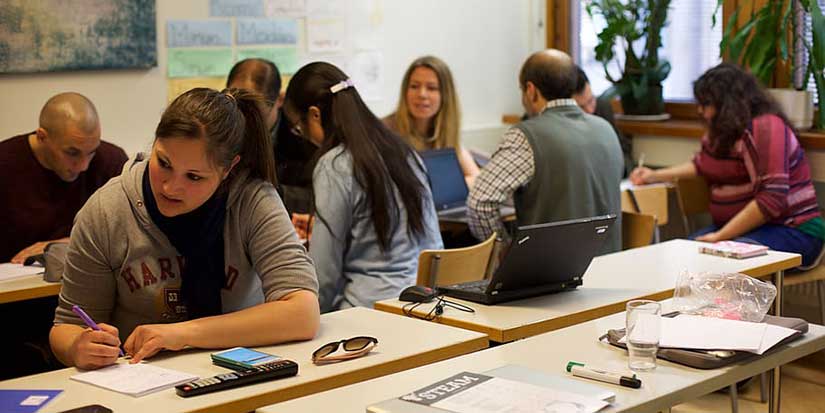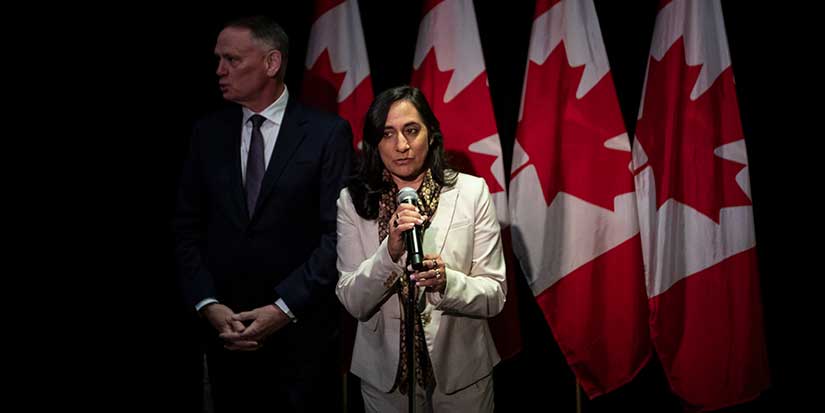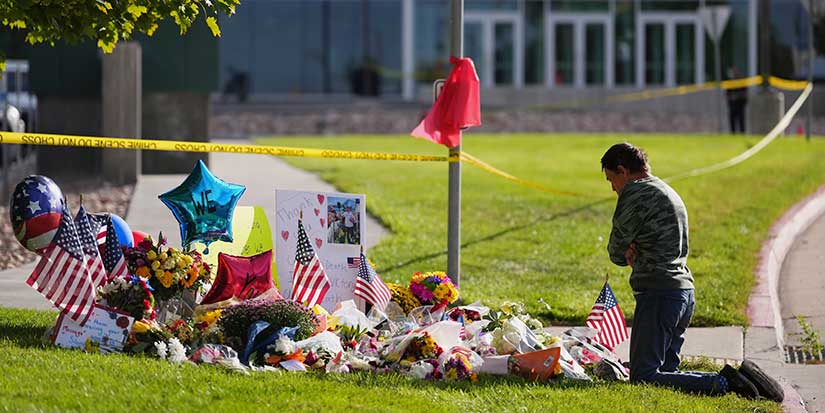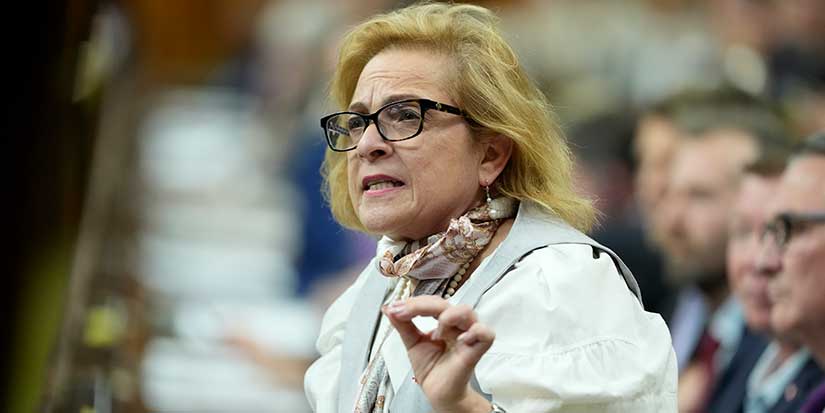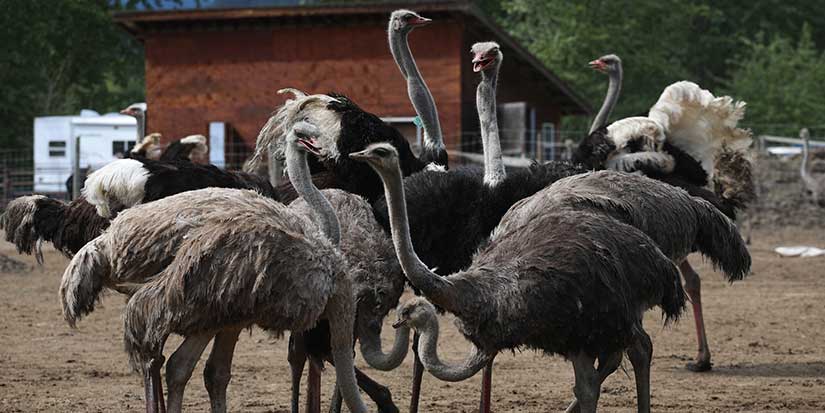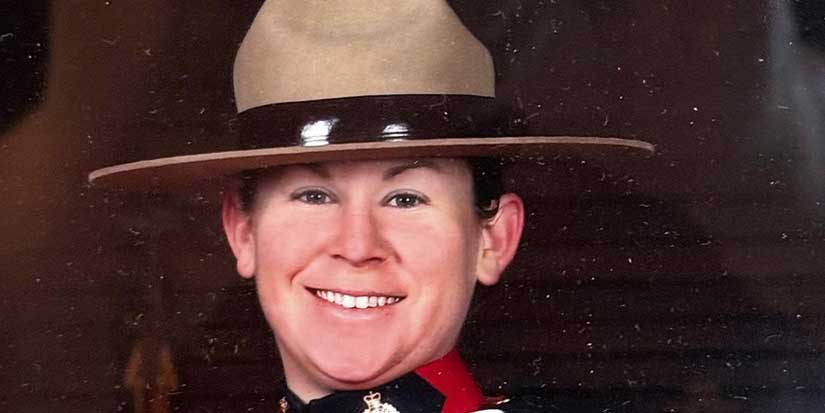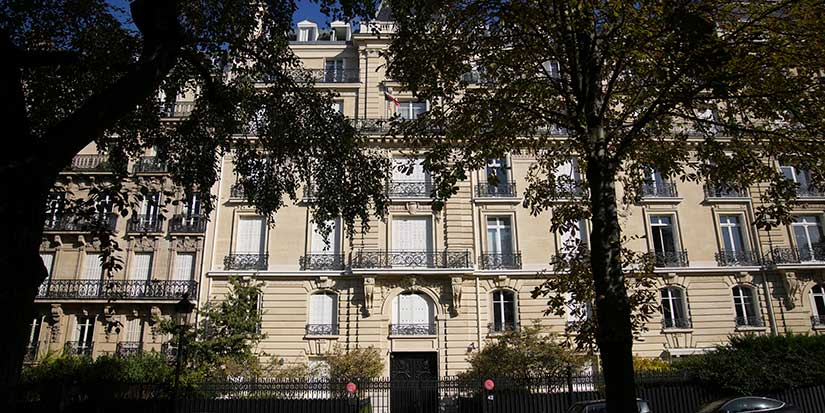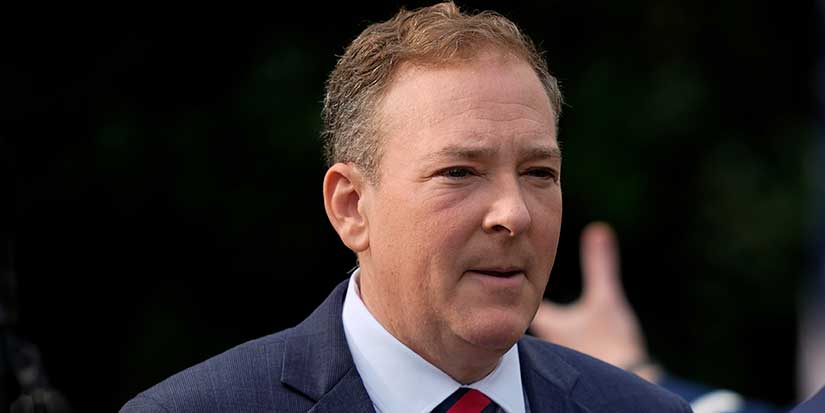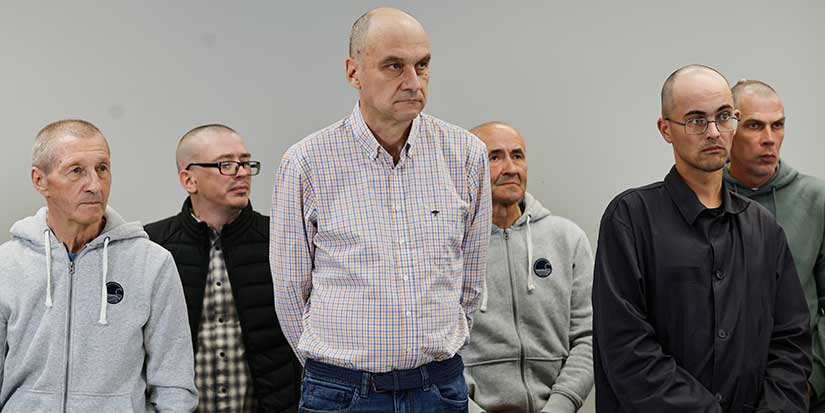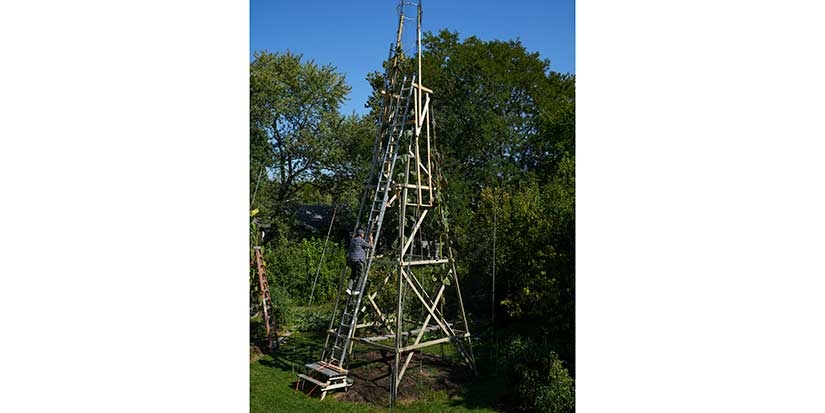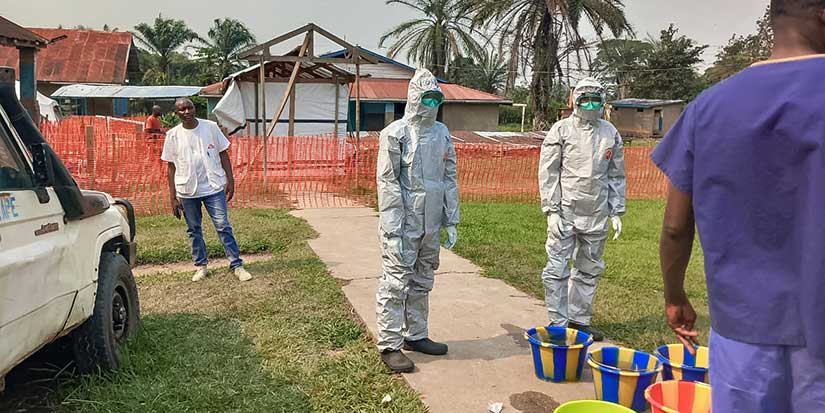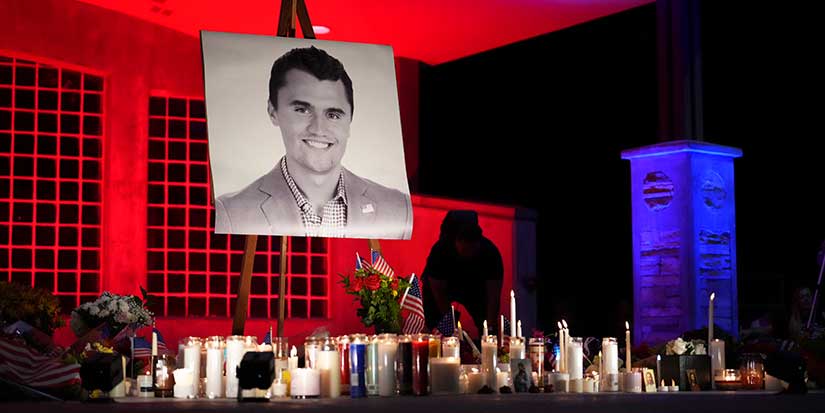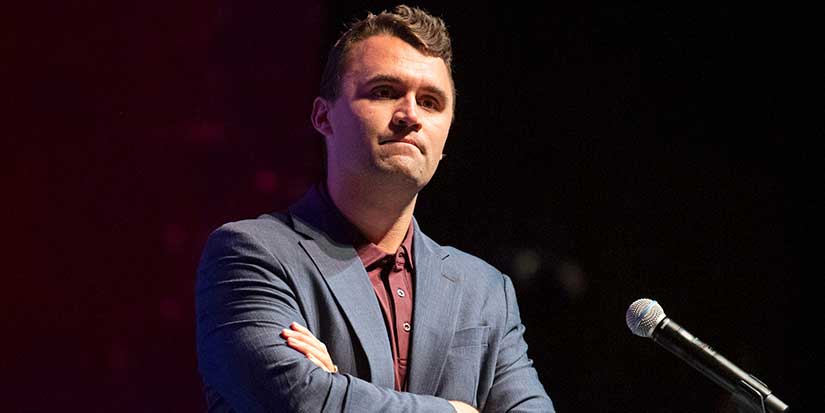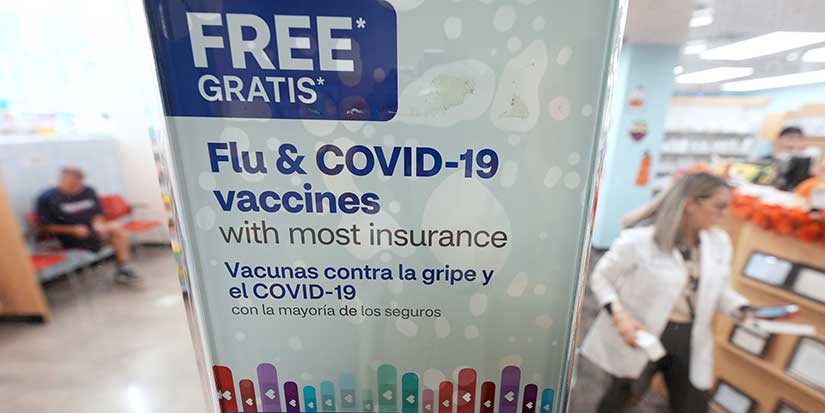Latest News
Adult literacy programs receive funding boost

Published 12:38 PDT, Tue July 6, 2021
—
Adult, family and Indigenous-focused programs designed to help people gain skills in reading, writing, math and digital literacy are being offered in 128 communities throughout British Columbia this fall.
"The everyday impact of building literacy on our communities will be felt for generations. Literacy and numeracy programs help people fill out application forms, understand health information, help kids with their homework, establish household budgets, and read and understand labels," says Advanced Education Minister Anne Kang. "For many adult learners, literacy programs are an important first step in an educational journey to post-secondary studies as they work toward career and life goals for themselves and their families."
Community-based Indigenous, adult and family literacy programs are provided at no cost and delivered by community organizations, Indigenous-led organizations and public post-secondary institutions. Literacy programming typically includes one-on-one tutoring and small-group instruction, which support all levels of literacy. In 2020, many programs shifted to online service delivery in response to the COVID-19 pandemic.
The province is investing $2.9 million in the Community Adult Literacy Program, which includes a one-time top-up investment for 2021-22. This support will fund 97 programs, delivered by 66 organizations in 128 communities throughout the province.
"It is never too late to develop literacy skills, and the skills gained can change lives in so many ways. Adult literacy programs are an investment in an individual that impacts whole communities," said Margaret Sutherland, executive director, Decoda Literacy Solutions.
An estimated 700,000 people in British Columbia have significant challenges with literacy, numeracy and digital literacy. In 2019-20, CALP programs provided services to more than 4,900 learners: 21.5 per cent identified as Indigenous, 68.3 per cent female and 30.8 per cent male, and 38.9 per cent employed, 36.6 per cent unemployed and 13.1 per cent retired.
Learn more at https://www2.gov.bc.ca/gov/content/education-training/adult-education/adult-upgrading
